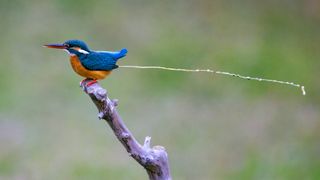
Hannah Loss
Hannah Loss is a science journalist based in Boston. She covers the environment and has written for Scientific American, Sierra and Inside Climate News. Hannah graduated from Tufts University with a B.A. in English and environmental studies. She received a Master's degree in journalism from NYU's Science, Health and Environmental Reporting Program.
Latest articles by Hannah Loss

Could we ever retrieve memories from a dead person's brain?
By Hannah Loss published
Neuroscientists have identified the physical locations where memories are stored in the brain. But would that enable us to retrieve memories from someone who has died?

What does a weather report of 30% chance of rain mean?
By Hannah Loss published
A percent chance of precipitation shows the probability there will be at least 0.01 inch of rain, snow or sleet at a given location.

How much can your stomach expand after a big meal?
By Hannah Loss published
The stomach can grow in size after you eat, but by how much?
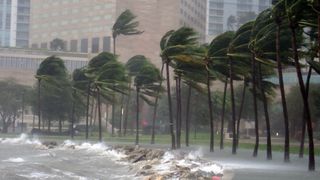
What's the fastest recorded wind speed?
By Hannah Loss published
Wind can whip up to surprising speeds, depending on if it's natural or human made.

Which are rarer: diamonds or emeralds?
By Hannah Loss published
The rarity of precious gemstones comes down to the geologic process of their formation.
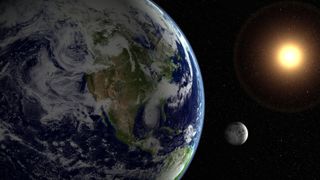
Which way does Earth spin? What about the other planets?
By Hannah Loss published
While Earth spins in the same direction as the sun, that's not the case for every planet in the solar system.

How many stars in the Milky Way die each year?
By Hannah Loss published
Stars die at different rates depending on how they kick the bucket.

T. rex was as smart as a crocodile, not an ape, according to study debunking controversial intelligence findings
By Hannah Loss published
A new study debunks previous findings that the dinosaur's intelligence was similar to that of primates, finding instead that they're about as smart as modern-day crocodiles.

What would happen if you drilled all the way through Earth?
By Hannah Loss published
Intense pressure and sweltering temperature would accompany a trip down through Earth's layers and out through the other side. However, this trip would be possible only in science fiction.
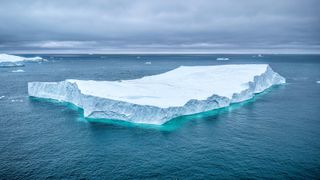
Why does ice float?
By Hannah Loss published
Why does ice float in water, instead of sinking to the bottom? It has to do with water's density and molecular structure.
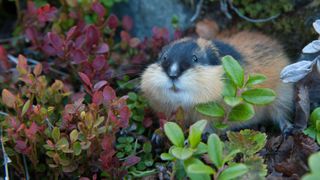
Do lemmings actually jump off of cliffs?
By Hannah Loss published
Do these tundra-inhabiting rodents actually jump to their deaths as depicted in a 1958 wildlife documentary?

Is hydrogen a metal?
By Hannah Loss published
Hydrogen is not a metal on Earth, but scientists keep trying to create metallic hydrogen under high pressure to unlock a new superconductor.

Why do dogs eat poop?
By Hannah Loss published
Life's Little Mysteries Poop eating is a natural behavior in dogs; although it may disgust humans, it usually poses no threat to your canine's health.
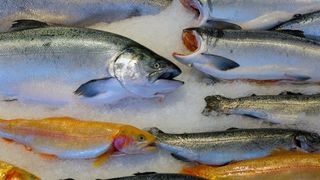
Why is fish so smelly?
By Hannah Loss published
Fish smell is from degrading lipids and bacterial reactions that increase in potency over time.
Get the world’s most fascinating discoveries delivered straight to your inbox.

